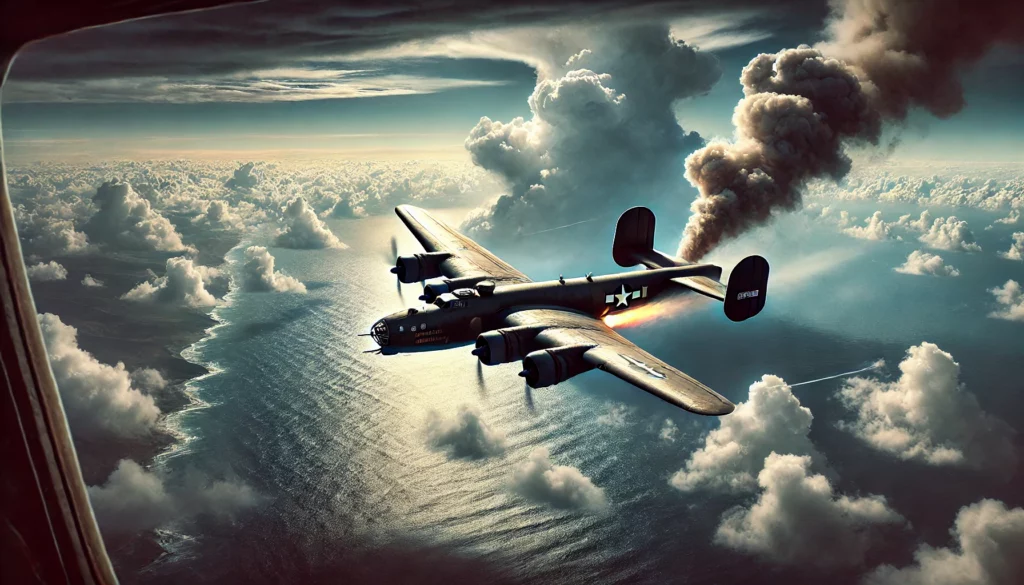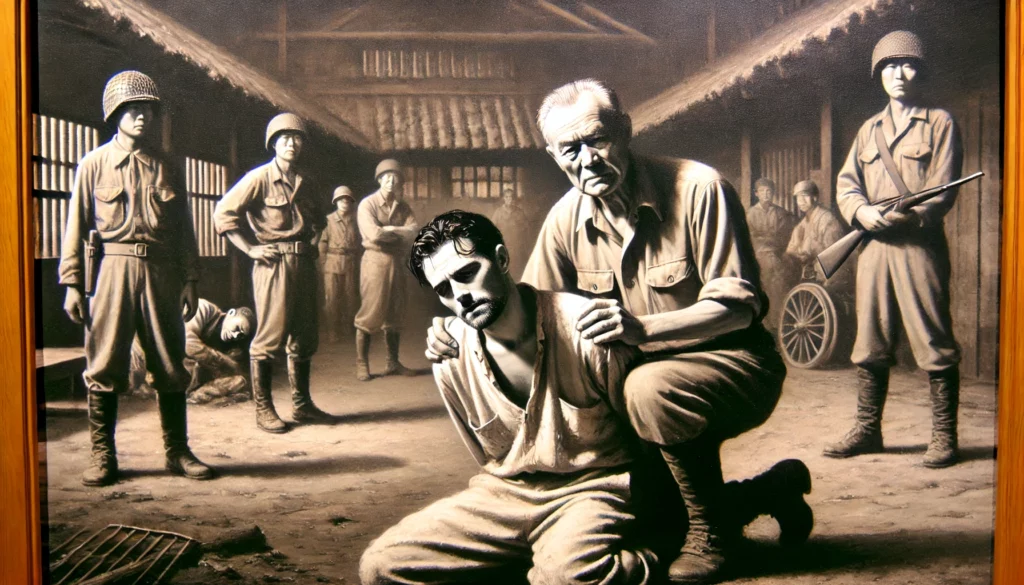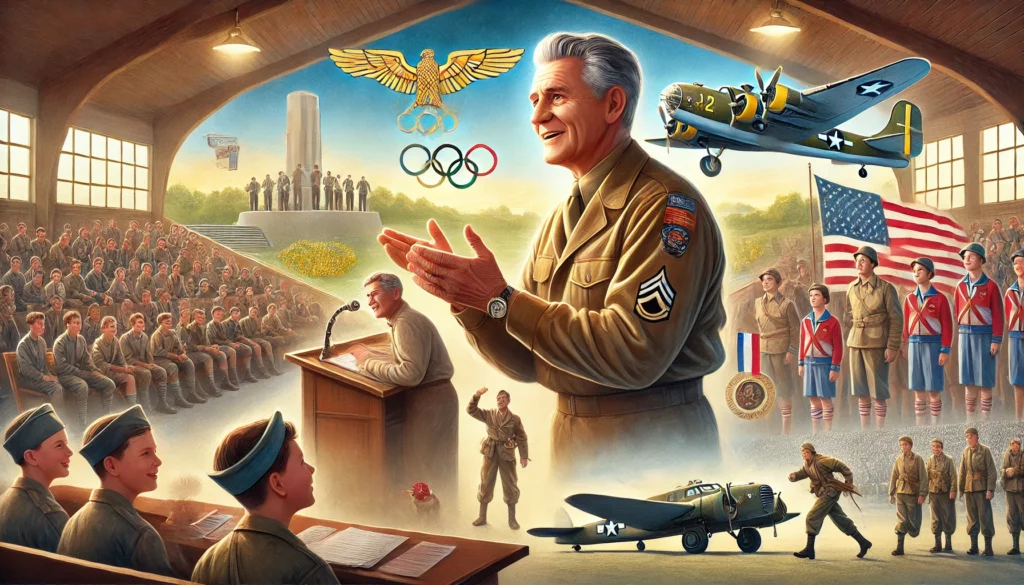Louis Zamperini’s life is a testament to the power of resilience, courage, and the human spirit. From his beginnings as a rebellious child to his transformation into an Olympic athlete, World War II hero, and inspirational figure, Zamperini’s story is one of unwavering determination and incredible endurance. His journey, marked by triumphs and trials, has been immortalized in the book and film “Unbroken,” serving as a beacon of hope and perseverance for many.
Early Life and Athletic Pursuits
Born on January 26, 1917, in Olean, New York, Louis Silvie Zamperini grew up in Torrance, California. As a child, he was often in trouble, engaging in petty crimes and fights. However, his older brother Pete recognized Louis’s potential and encouraged him to take up running. This decision changed the course of Louis’s life, channeling his energy into a positive outlet.
Zamperini’s natural talent for running soon became evident. He set numerous high school records, earning him a scholarship to the University of Southern California. In 1936, at just 19 years old, Louis qualified for the Berlin Olympics, where he competed in the 5000-meter race. Although he didn’t win a medal, his final lap was so fast that it caught the attention of Adolf Hitler, who personally congratulated him.
World War II and the Crash

With the outbreak of World War II, Zamperini enlisted in the United States Army Air Corps, serving as a bombardier on a B-24 Liberator. On May 27, 1943, during a search-and-rescue mission over the Pacific, his plane malfunctioned and crashed into the ocean. Of the eleven crew members, only Zamperini and two others survived, clinging to life rafts.
Surviving at Sea
For 47 harrowing days, Zamperini and his crewmate, pilot Russell Allen “Phil” Phillips, drifted across the Pacific Ocean. They faced relentless sun, storms, starvation, and shark attacks. Surviving on rainwater, small fish, and birds they managed to catch, the men endured immense physical and mental challenges. Their ordeal set a record for the longest time survived adrift at sea in a life raft.
Captivity and Endurance

On July 15, 1943, Zamperini and Phillips were captured by the Japanese Navy and sent to a series of brutal prisoner-of-war camps. For more than two years, Zamperini endured horrific conditions, including starvation, disease, and severe beatings. One of his tormentors, Mutsuhiro “The Bird” Watanabe, was particularly cruel, singling out Zamperini for relentless abuse.
Despite the unimaginable suffering, Zamperini’s spirit remained unbroken. He found ways to maintain his morale and the morale of his fellow prisoners, holding onto the hope of one day returning home.
Post-War Struggles and Redemption
Following his liberation at the end of the war, Zamperini returned to the United States, hailed as a hero. However, his internal battles were far from over. He struggled with post-traumatic stress disorder (PTSD), nightmares, and anger, which led to alcoholism and a failing marriage.
In 1949, at the urging of his wife Cynthia, Zamperini attended a Billy Graham crusade. The experience profoundly impacted him, leading to a spiritual awakening and a renewed sense of purpose. Zamperini forgave his former captors, including Watanabe, and dedicated his life to helping others. He founded the Victory Boys Camp for troubled youth, using his story to inspire and mentor countless individuals.
Legacy and Inspiration

Louis Zamperini’s remarkable life story has touched millions around the world. His memoir, “Devil at My Heels,” and Laura Hillenbrand’s best-selling biography, “Unbroken,” brought his incredible journey to a wider audience. The 2014 film adaptation of “Unbroken,” directed by Angelina Jolie, further cemented his legacy as a symbol of resilience and forgiveness.
Conclusion
Louis Zamperini’s life exemplifies the power of the human spirit to overcome adversity and find redemption. His story of survival, endurance, and forgiveness continues to inspire people of all ages. Zamperini passed away on July 2, 2014, at the age of 97, leaving behind a legacy of hope and unwavering determination. His journey reminds us that no matter the challenges we face, we have the capacity to rise above them and achieve greatness.